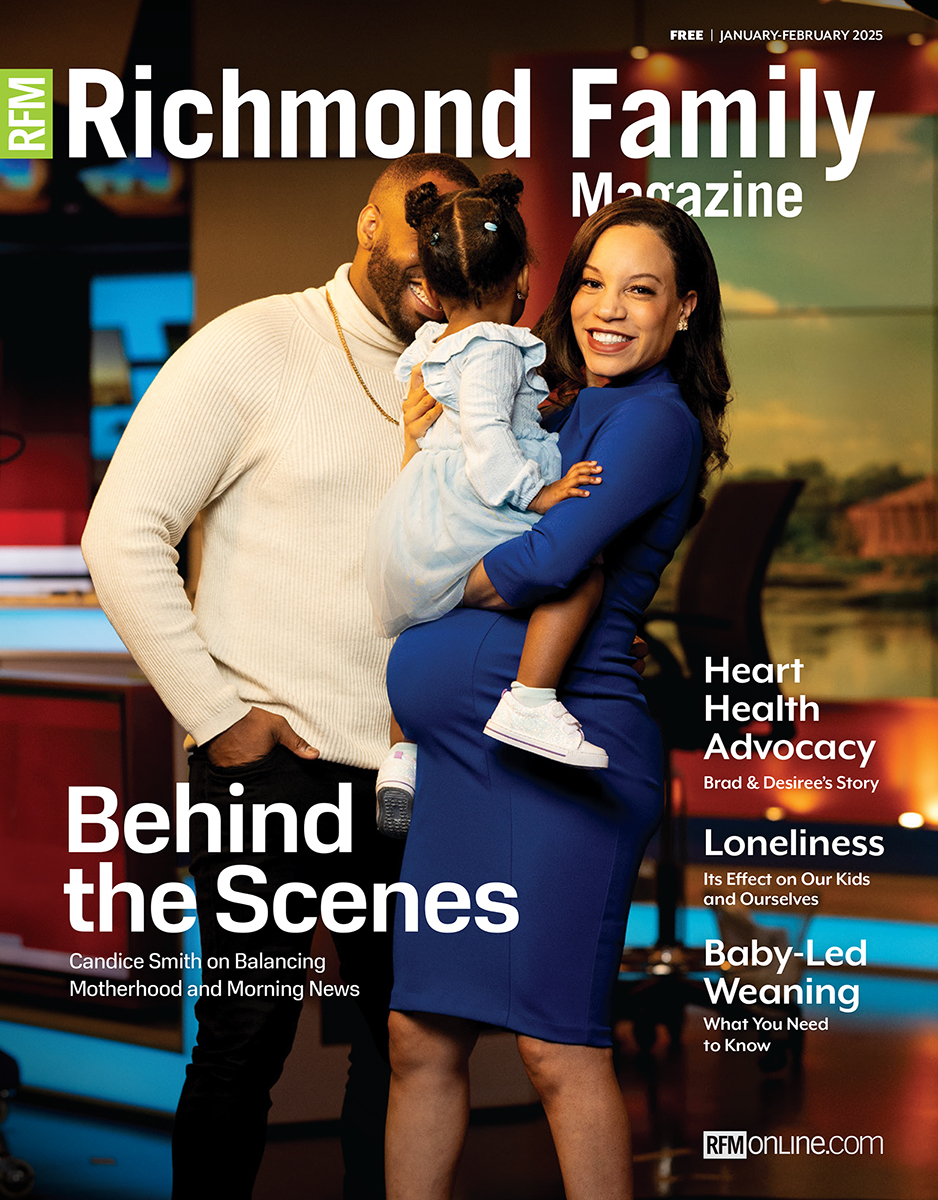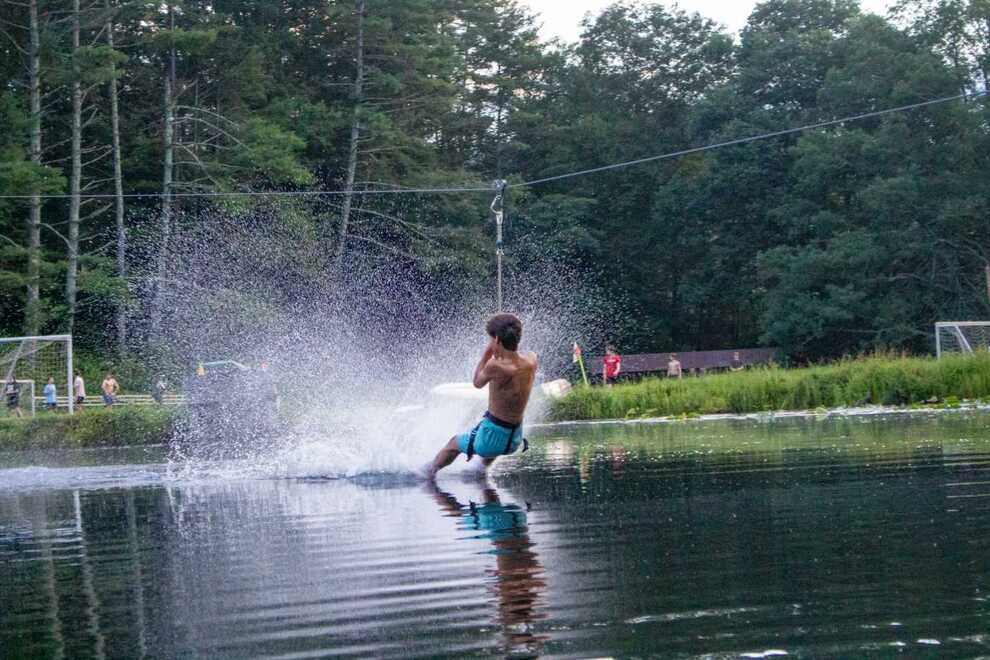Iain F. McClements, Camp Director at Camp Twin Creeks, answers questions for families as they ponder summer camps.
As parents, it’s the question we’re all asking, right? The notion of sleepaway camp is such an appealing one; let’s consider the benefits:
- developing true independence and learning new skills
- meeting kids from different regions and countries
- a break from home, from parents
- a stress-free and fun experience
- time in nature with new friends
- and (you could argue) most importantly, more often than not, a screen-free environment
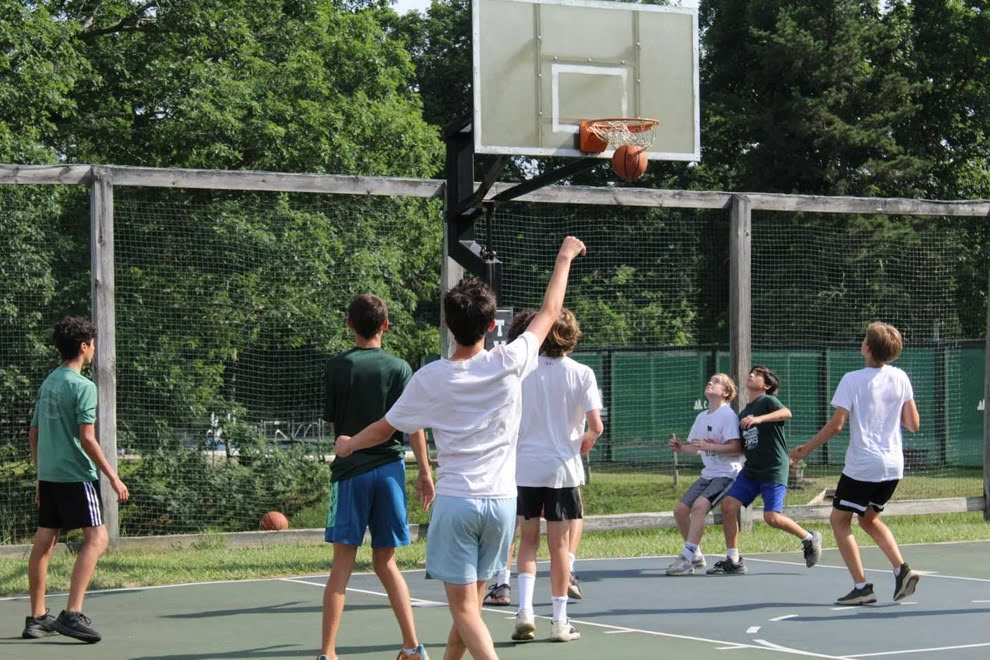
When is the right time? Is the same age the right age for all campers, and families?
The typical camp response is often that no child is too young to start. For the most part, this is true. Younger campers (meaning elementary school age for the purpose of this article) are less complex and can be easily distracted during a camp stay, should they feel unhappy or miss home. This does not mean their feelings are ignored; more so that they can be acknowledged, discussed briefly, and then moved along.
As children become middle school age, concern regarding fitting in socially creeps in. Dependence on the phone is also likely a real thing by now, and facing two weeks without it may truly cause distress. That being said, many children recognize the fact that this dependence is not healthy, and they actually embrace an opportunity to escape.
What sleepover experience have they had?
Consider the time they have already spent away from home. A school trip with friends for a couple of nights is a great start, as is a sleepover at a friend’s house. Each provides an opportunity for growth and exploration. Sleepaway camp may well be a step up in terms of time and distance, but the learning muscle is there and can be worked out more.
If there has been a less than wonderful camp experience already, think about that environment, and compare it to the camp you’re considering. Scout camps are rustic – fun, but rustic! Most privately-owned camps are considerably less so. An athletic camp at a college campus or school rightly chooses to focus on facilities and skill development, less so the nurturing of the child and parents. Traditional sleepaway camps know this is a key part of their success.
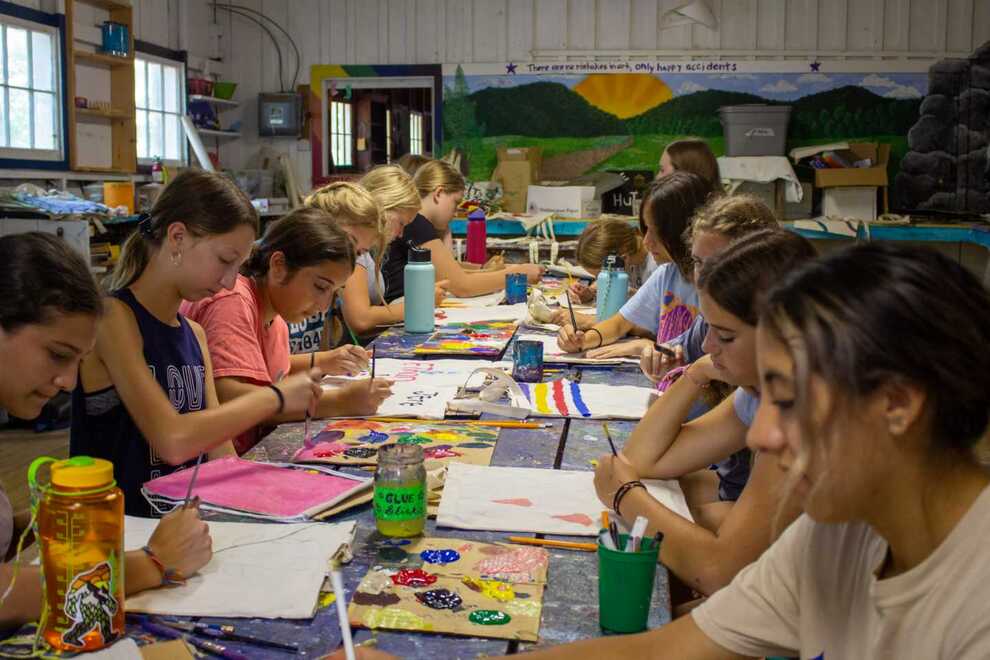
When is it too late?
Most camps in the mid-Atlantic area are seeing new campers in each cabin and age group each summer. This means it’s not too late for your high school aged child. Double check and ask the camp to confirm this is the case. Do they pay attention to bunking and the friend groups that may already exist? Often an older first time camper feels an appreciation for the experience, the relaxation, the departure from electronics, and relishes their first time away at camp.
How do I prepare before the summer?
Great question! First, choose the camp that offers the right program choice and options for your child. Do they need to specialize and choose activities? Can they simply enjoy what is offered on a daily basis?
Second, choose the camp and team of staff that you’re most comfortable with. These grown ups set the tone and standard of care, they are your eyes and ears, and you need to trust them. Learn more about their camp experience, their childcare experience, and be sure to schedule a time to call or meet in person – an in-person or video conference is invaluable to begin the camp journey on the right foot.
Finally, embrace everything available to you and become familiar with the camp website, their social media and YouTube presence. Print off a typical day schedule and a map of camp. Minimize the mystery and number of surprises, and help your child become increasingly aware of the many different aspects of camp.
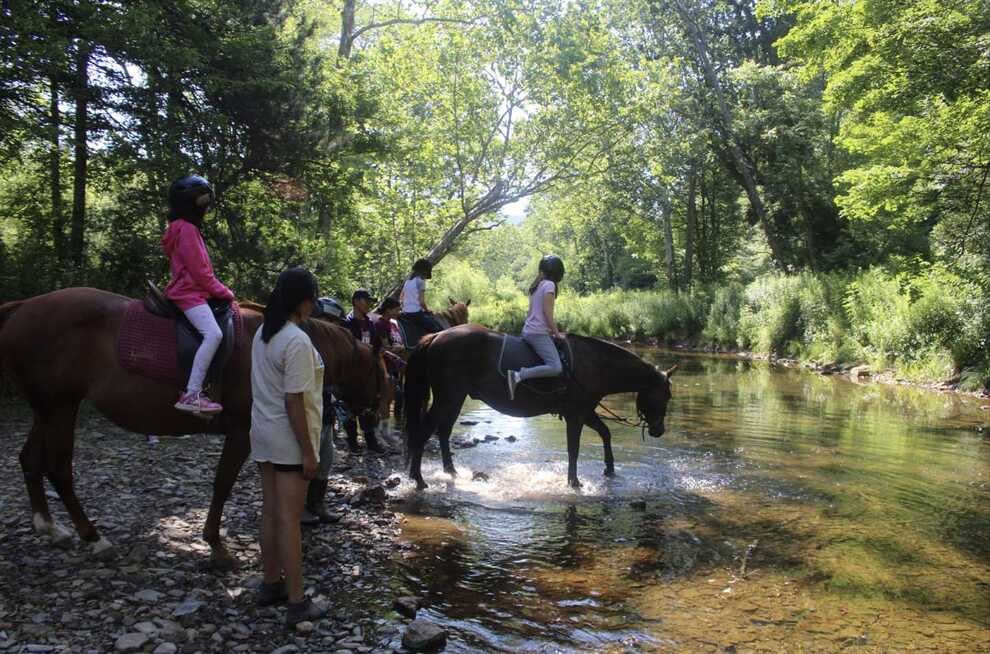
In summary, there is a camp that’s right for you and your child. Everyone in your family will benefit enormously from time spent at camp. Hopefully this first summer is the start of a camp journey that lasts throughout childhood and adolescence and into adulthood. And even if this summer is the first and last time, lessons will be learned, for sure!

